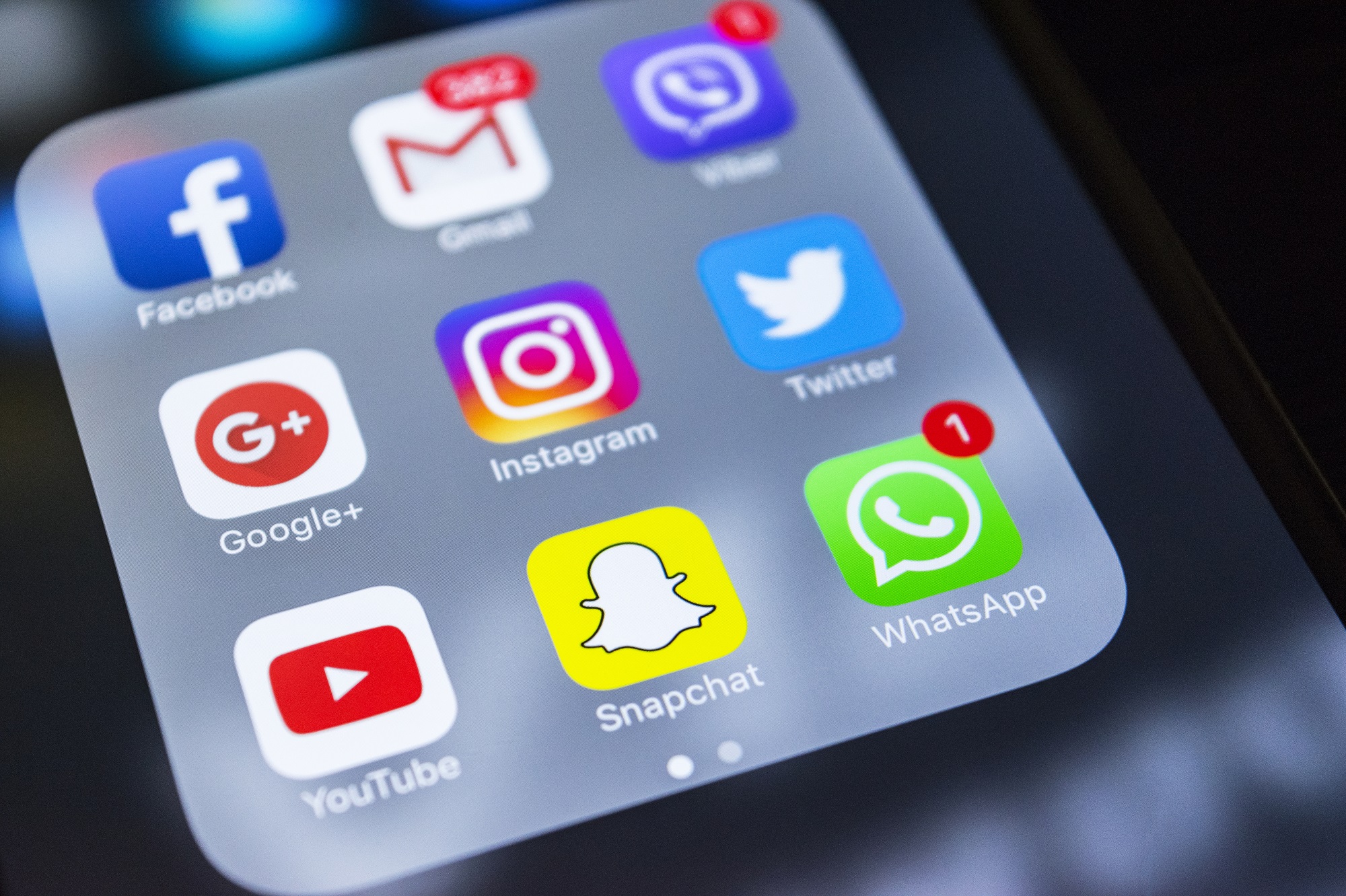What’s The Latest In Mobile Marketing?

Since GDPR, gone are the days when you simply sent out an SMS campaign and people opted in/out via text with a “yes” or “no” reply. So, with a messaging service which can help to generate business on your terms, WhatsApp new business service is a way for your business to ensure its voice is being heard. What’s great about WhatsApp is that it’s an encrypted service: you can be confident that your messages are seen only by those parties communicating, not the developers behind the scenes. This is an important element for businesses who want to gain trust with their customers, and most importantly perhaps for discussing preferred payment options.
Direct messages are an important part of your marketing mix – if you offer more chains of communication, then you won’t lose out on new business and you’re creating a more streamlined customer service model. If you don’t currently use the app, WhatsApp can be used in the office or on the go, with the app being available for desktop as well as for android use; the iOS version is not yet released, which will be frustrating for iPhone users but at least you can access the desktop version for now.
WhatsApp for Businesses
WhatsApp was mainly for the consumer until they came up with a way of monetising their business. The main stream of income via the business service, is a charge added to the messaging service which begins after the initial 24 hours of contact has passed. Those who are strategic in their use of this service will obviously take these communications outside of WhatsApp, once they have the relevant contact details. However, this may prove difficult if the customer wants to continue to talk within the app and then charges will apply. The app itself is free to install and you must verify that the number you are using is the main number for the business.
As with Facebook, individuals can contact a local business through the direct message button on the page or business profile and they always show a time of when the message will be answered. This form of messaging means gives the consumer much more choice in how they book their delivery or buy their product, and which ultimately provides a benefit to WhatsApp’s bottom line.
Smart Messaging for Small Businesses
This new service is part of the A2P SMS market, is expected to reach $70 billion by 2020 and must have been one of the core reasons behind Facebook’s purchase of the company a few years ago. We may find that they roll the same feature out in Instagram – as, if you didn’t know, Facebook own this company as well – so watch this space. The business service for the WhatsApp was offered at the start of this year and offers many smart messaging tools such as greetings, quick replies and away messages – handy for any small business struggling to keep on top of their communication activity but you will need to ensure that your web developer sets up the API connection for you, as it is not a straightforward process.
The other advantage of this service is that it’s ad free, which is perfect for the 1.5 billion people who use it and wish to remain undisturbed. They are also censoring the kinds of messages that companies and brands can send to their customers within the 24 hour window. However, because of Facebook’s click-to-message function this line may become blurred as the customers using WhatsApp will then be essentially opting in to receive whatever messages and marketing the business decides to send them. For those who don’t understand the click-to-message terms, will this raise a GDPR eyebrow somewhere down the line? Only time will tell. For now, people will continue to use all types of social media in the way that they see fit.













































